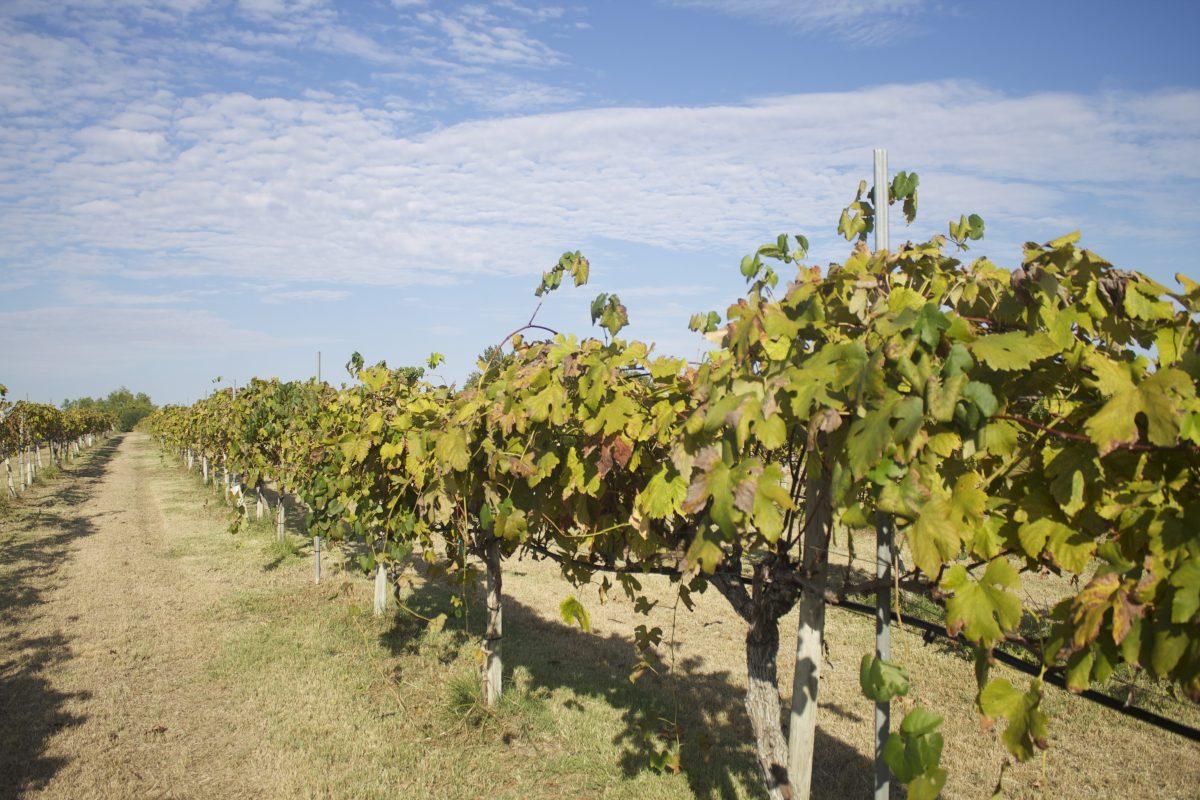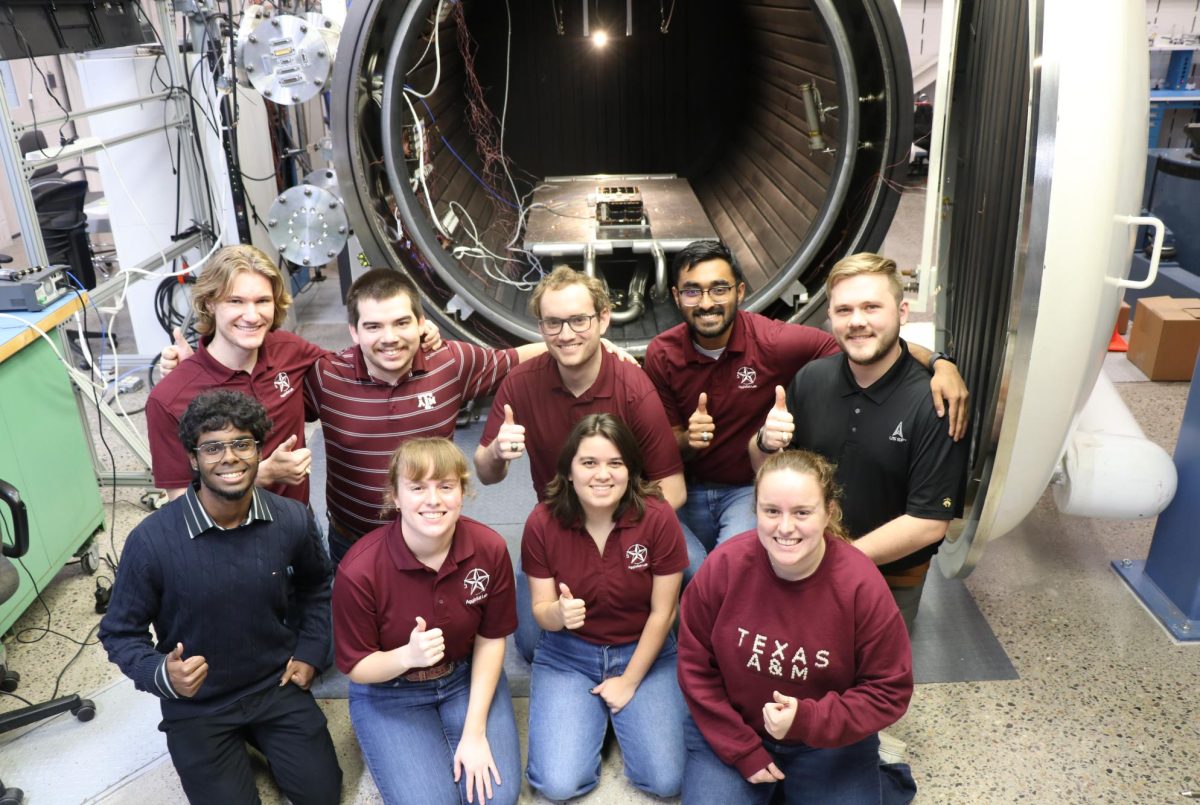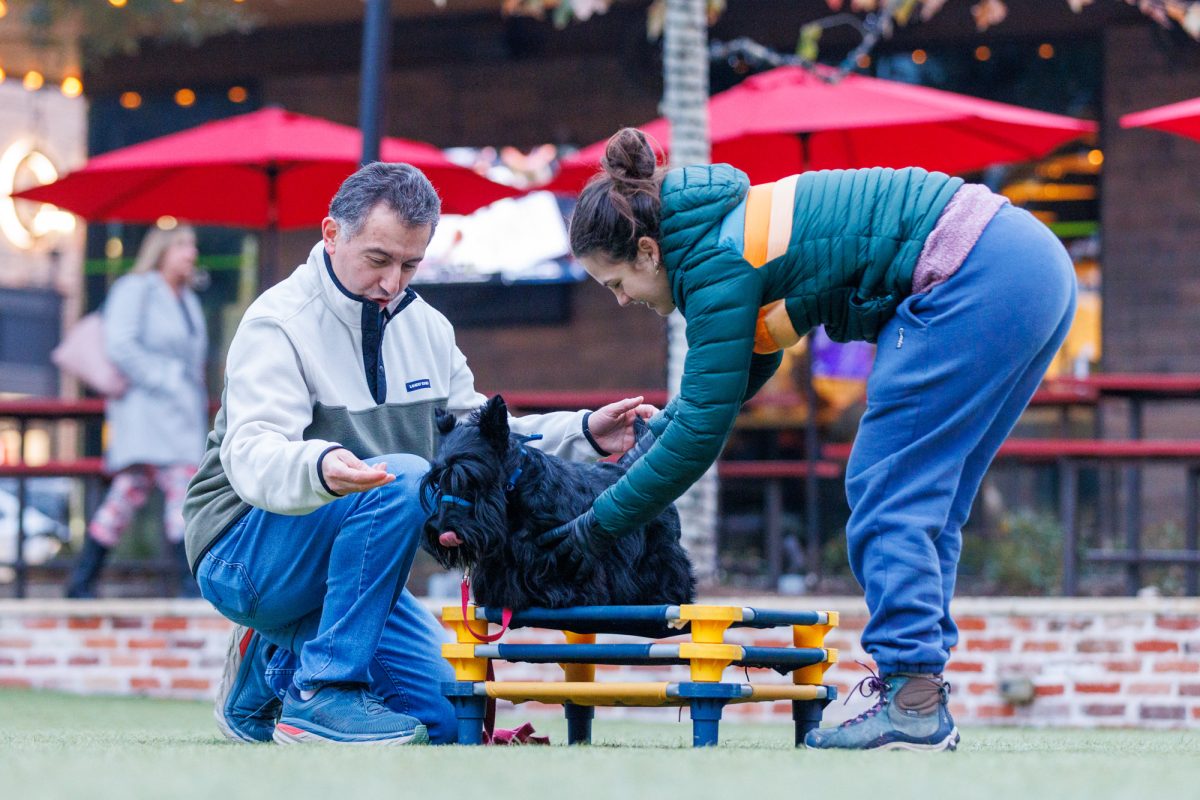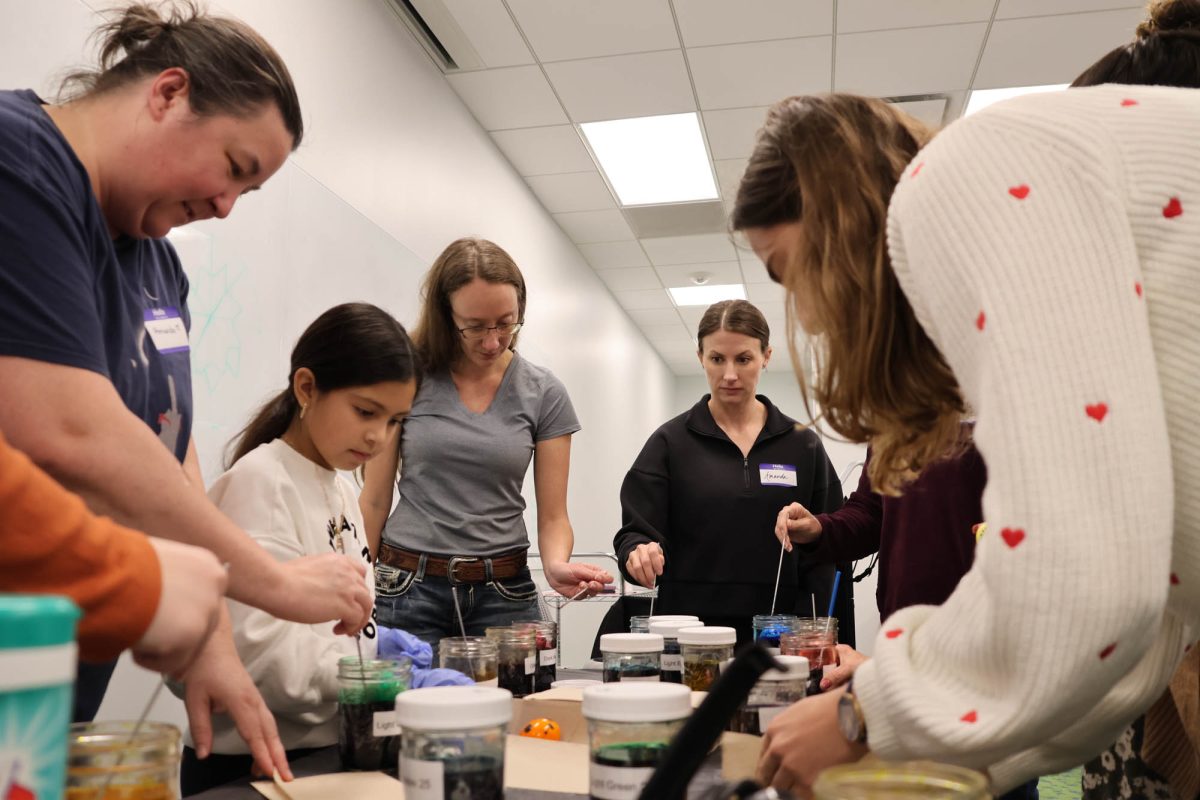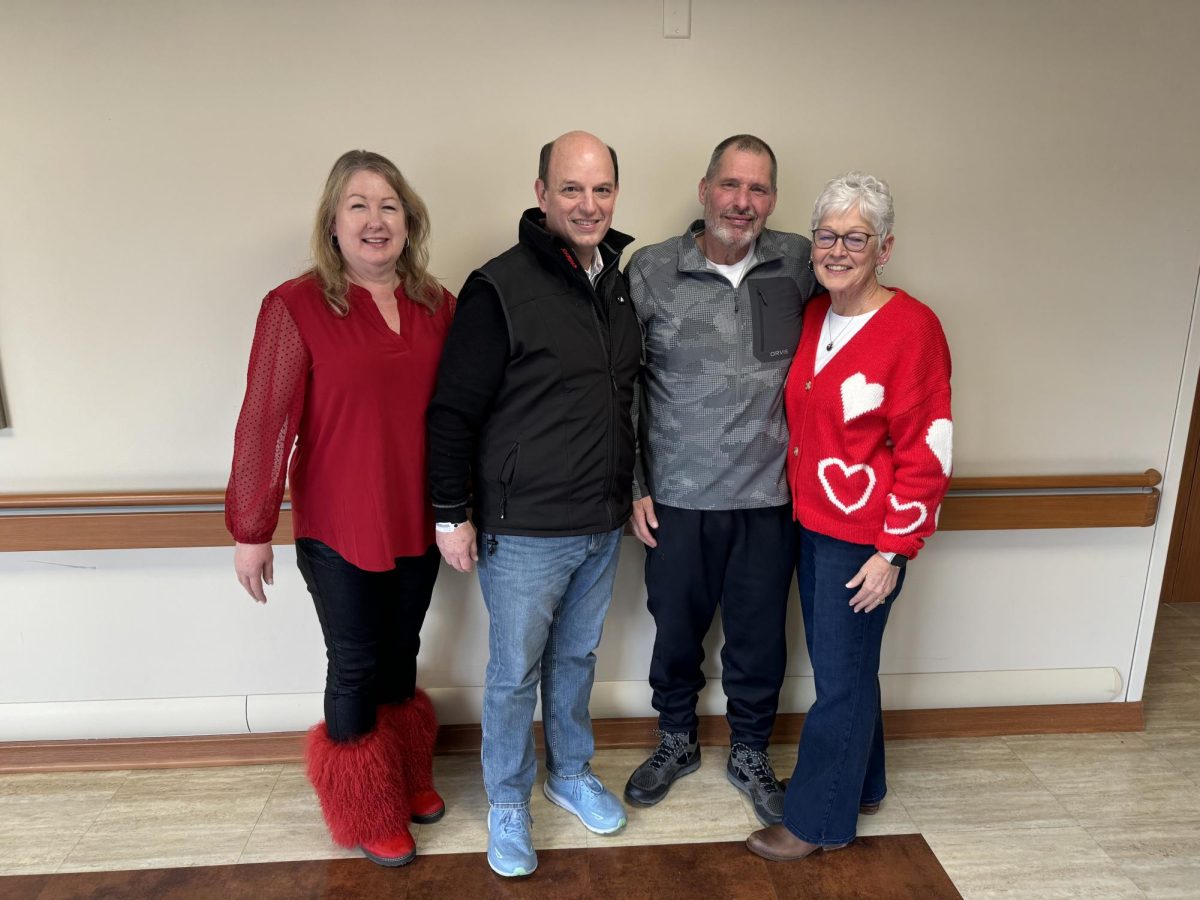A group of researchers at Texas A&M’s Agrilife Center for Phage Technology has developed a new, environmentally friendly strategy to combat an agricultural disease that “chokes” grapevines.
Pierce’s disease occurs when the xylem of the plant is blocked, causing leaf discoloration and eventual death. According to piercesdisease.org, it is common in California, Florida and Texas where the climate is hot and humid, and is spread by glassy-winged sharpshooters — a large leafhopper that feeds on plant fluids.
Instead of using chemicals to ward off the sharpshooters, researchers utilize a virulent bacteriophage, also known as “killer phages” that attack bacteria, to kill “Xylella fastidiosa,” the bacterium that causes the disease.
“Our idea here when Dr. Das and Dr. Bhowmick joined the lab was to develop a sustainable, ethical and environmentally responsible treatment for Pierce’s disease, and so we chose to use bacteriophage,” said Carlos Gonzalez, plant pathology and microbiology professor and faculty member of the Center for Phage Technology at Texas A&M.
To kill the bacteria without it becoming resistant to the phage, multiple viruses are used in a phage cocktail, which is injected into the plant.
“Each and every phage should be different in the genetic level,” said Suvra Bhowmick, postdoctoral research associate in the department of plant and microbiology. “That’s so it will increase the chance to minimize resistancy.”
Pierce’s disease is a big concern for wineries in the affected areas, so much so that local winery Messina Hof created its grapevines from the ground-up to be resistant to the bacteria.
In order to avoid Pierce’s disease, Messina Hof Winery in Bryan, Texas, began their business in 1977 by planting Lenoir and Blanc du Bois grapes because of their resistance to the disease. In the mid-1970’s, Ronald Perry published “A Feasibility Study for Grape Production in Texas,” which determined which plants could thrive and survive. Messina Hof in Bryan was one of the many locations studied.
“My dad was a physical therapist and one of his patients was Ron Perry,” said Paul Mitchell Bonarrigo, Messina Hof CEO, winemaker and son of Messina Hof’s founders Paul Vincent and Merrill Bonarrigo. “[Perry would] plant a one-acre vineyard out here with 50 varieties to see which one would live well here.”
Even though Messina Hof grows grapes resistant to Pierce’s disease, the industry takes precautions such as glassy-winged sharpshooter traps as well as one dose of the pesticide Imidacloprid.
Bonarrigo said Imidacloprid is currently the biggest recommendation in handling Pierce’s disease.
Currently, the researchers are still conducting greenhouse work and field testing, while trials with the new phage technology will be conducted in California.




